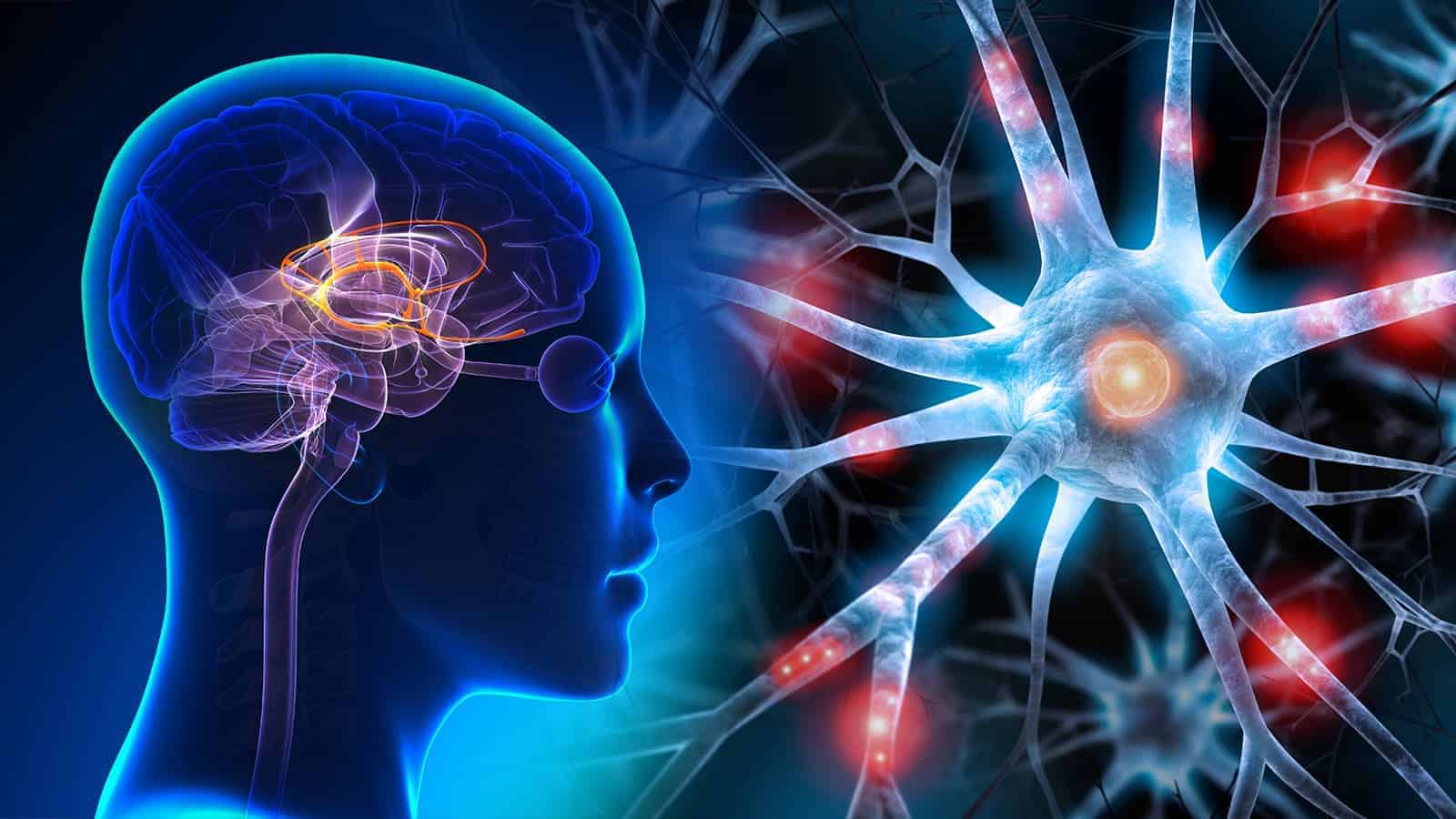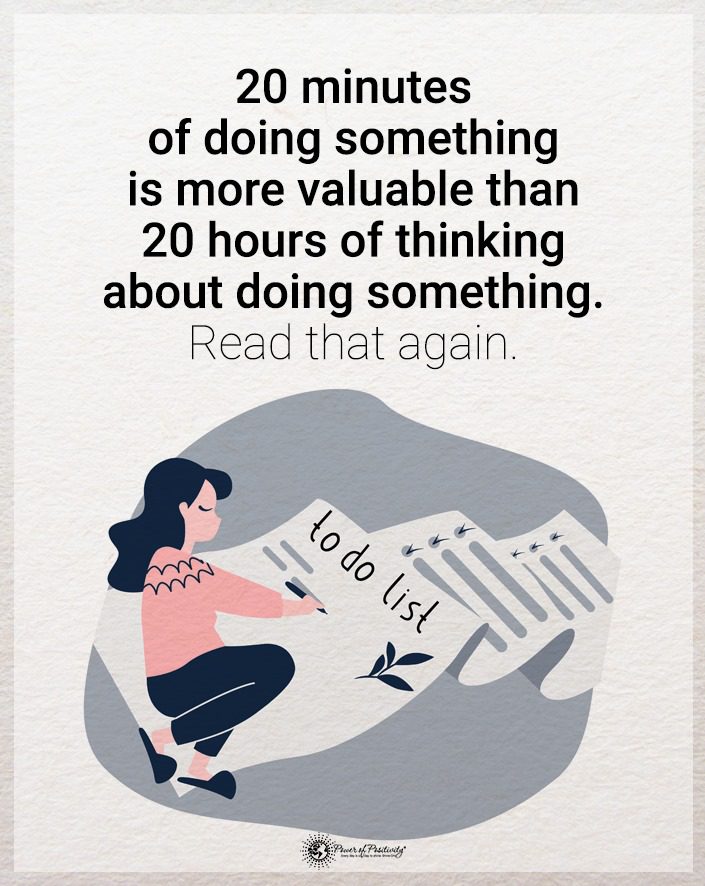It wasn’t that long ago when scientists claimed that intelligence was fixed at birth. Around 5th or 6th grade, you’d be given an I.Q. test to determine where you “rank” in society. Fortunately, the advent of sophisticated technologies and novel means of testing has since debunked the ridiculous notion of “lucky draw” intellect.
In this article, we will discuss an astounding human capability: neuroplasticity. Also, we’ll go over ten habits proven by science to boost your brainpower!
What is ‘neuroplasticity’?
The word neuroplasticity refers to the innate ability of the human brain to form new neural connections throughout life. Most incredibly, the term plasticity was first mentioned by the father of modern psychology, William James, in his treatises The Principles of Psychology in 1890 – over 100 years before the phenomenon would be proven.
The Polish neurophysiologist Jerzy Konorski coined the term neural plasticity – a derivative of neuroplasticity – sometime in the early ‘60s. Of the process, Konorski explained, “The plastic changes would be related to the formation and multiplication of new synaptic junctions between the … terminals of one nerve cell and the soma of the other.” Unfortunately, Konorski’s observations mainly were ignored.
The first scientific evidence for neuroplasticity was put forth by neuroscientist Marian Diamond and published in the Journal of Comparative Neurology in 1964. However, although Diamond had proven the validity of neural growth in the live brain, neuroscientists and other experts had yet to determine that cognitive changes (e.g. thinking and intelligence) co-occurred with physiological ones. This discovery wouldn’t happen until roughly 40 years later when a scientist by the name of Michael Merzenich broke the news.
Of course, the reality of neuroplasticity impacts not only the lives of those who study the phenomenon but everyone. If intelligence can be cultivated through training, the ramifications of such a finding on everyone are vast.
According to Dr. Merzenich, you can use neuroplasticity to train your brain and become better at anything. Merzenich founded his company, Posit Science, on the premise that neuroplasticity can improve your brain and, thus, improve the quality of your life.
Neuroplasticity and Boosting Brainpower
“Your brain – every brain – is a work in progress. It is ‘plastic.’ From the day we’re born to the day we die, (the brain) continuously revises and remodels, improving or slowly declining, as a function of how we use it.” – Michael Merzenich, Ph.D.
It is now well-accepted that the brain is malleable and trainable. However, the notion that certain people can’t do certain things (read: math!) because it is “too hard,” or they’re “not naturally good” at it remains pervasive thinking in society.
Now, the truth of neuroplasticity doesn’t mean that some people aren’t more gifted in certain things. Natural, heritable talent is every bit as real as the malleable brain. But what neuroplasticity and the research around it imply is that nearly everyone can become better at anything if they’re willing to invest in the time needed to train their brain.
Here are ten habits that will boost your brainpower!
Try these activities to challenge your brain – they’re fun. Plus, you increase your brainpower.
1. Play dual-n-back
Per a 2017 study by Johns Hopkins University, published in the Journal of Cognitive Enhancement, dual-n-back training is perhaps the best form of brain training for improving attention and memory. Kara Blacker, Ph.D. and lead author of the study, says, “People say cognitive training either works or doesn’t work. We showed it matters what kind of training you’re doing. [Dual-n-back] seems to show the most consistent results and … impact on performance … in improving cognition through training.”
After taking a battery of cognitive tests to determine attention, intelligence (“I.Q.”), and memory, the study sorted the participants into one of three groups. One group played dual-n-back for 30 minutes a day, five days a week; the second tried another brain exercise, and the third played yet another “control task.” After a month, the dual-n-back group demonstrated a 30 percent improvement in working memory capacity, double the gains achieved by the next closest group.
2. Get aerobic exercise
In a joint meta-analysis study by Western Sydney University (Australia) and the University of Manchester (UK), researchers looked closely at the effects of aerobic exercise on the hippocampus – an area of the brain associated with memory and learning. After reviewing 14 clinical trials comprising over 700 brain scans, researchers concluded that aerobic exercise increases the size of the left hippocampi in humans.
Researchers attribute these physiological changes to the production of brain-derived neurotrophic factor (BDNF), a chemical released during exercise. While all exercise types boost BDNF, aerobic exercise (including high-intensity interval training, or HIIT) greatly increases brainpower.
3. Eat dark, leafy greens
Multiple studies, including this one by the National Institute on Aging, found that consuming dark, leafy green veggies effectively slows cognitive aging (“brain age”). Researchers at Rush University and Tufts Human Nutrition Research Center documented the level of consumption of vegetables like collards, kale, lettuce, and spinach, and their cognitive effects. They studied 960 older adults over five years. Besides tracking their food intake, the team administered cognitive tests across five domains. These included visuospatial ability, episodic memory, perceptual speed, semantic memory, and working memory.
In the end, the team’s research coincided with that of others, which found that dark green vegetables contain properties “positively and significantly” associated with slower cognitive decline.
4. Meditation to boost brainpower
In a famous TED talk given at Cambridge University, neuroscientist and one-time skeptic of meditation Dr. Sara Lazar presented her conclusions about the effects of meditation while commenting on her own experiences:
“I started noticing that I was calmer and I was better able to handle difficult situations. Indeed, I was feeling more compassionate and open-hearted towards other people, and I was able to see things from other people’s point of view.”
At first, Lazar was highly skeptical (she is a scientist, after all!). But upon conducting a literature review – essentially a gigantic research project studying other studies – Lazar confirmed that her experiences were not rare. Moreover, she confirmed other benefits of meditation, including decreased stress, reduced symptoms of anxiety, depression, insomnia, and pain, enhanced attention, and increased quality of life.
5. Get your omega-3s
Omega-3 fatty acids are critical for brain health and development and stable mood and behavior. Double-blind studies confirm that one type of omega-3 fat, docosahexaenoic acid (DHA), improves attentiveness in children and adults with ADHD. DHA also reduces inflammation, which can interrupt the functioning of the brain. Finally, omega-3 supplements reduce the risk of dementia potentially.
Excellent plant sources of omega-3 fatty acids include chia seeds, Brussels sprouts, hemp seed, walnuts, and flaxseeds. Fatty fish like salmon and mackerel are also plentiful sources to boost brainpower.
6. Learn an instrument
Scientists have discovered that learning an instrument affects numerous brain regions, including the cerebellum and motor cortices. As reported by The Telegraph, “The parts of the brain that control hearing, memory, and the part that controls the hands among others, all become more active. Essentially the architecture of the brain changes.”
In other words, the brain becomes denser – and potentially more significant – in certain areas as you learn a musical instrument.
7. Take a nap to boost brainpower
Seriously. A global survey across 12 countries found that approximately 60 percent of Americans are sleep-deprived. Our friends the Brits, came in as the most sleep-deprived, followed by Singapore and Australia. How bad is it? Over half (51 percent) report regularly getting less sleep than needed. Eighty percent report using the weekend to catch up on sleep.
Adequate, restful sleep is critical to numerous brain functions, including nerve communication. Poor sleep links to poor memory, slow response time, and shorter attention span.
8. Drink coffee
Okay, so we probably didn’t need to tell you to go ahead and drink that cup of coffee! But anyway, research shows that coffee may have both neuroprotective and cognition-enhancing benefits. Coffee may also protect against liver cancer, liver disease, type 2 diabetes, and Parkinson’s disease.
Remember that not all coffee provides equal benefits (organic, fresh coffee beans are best.) Also, try to limit your java intake to two cups maximum in a single sitting.
9. Sharpen your attention
According to Richard Davidson, a Harvard-educated psychologist and professor at the University of Wisconsin, our mind wanders at least “47 percent of the time.” Moreover, studies show that a wandering mind is an unhappy mind.
In a groundbreaking study published in the journal Science, Harvard psychologists Matthew Killingsworth and Daniel Gilbert had a smartphone app that randomly pinged as people were going about their day. Upon completing the study, the duo reached two main conclusions: “(1) that people are thinking about what is not happening almost as often as they are thinking about what is and (2) found that doing so typically makes them unhappy.”
10. Play a video game for brainpower
That’s right. Fire up that Candy Crush, baby! According to a study at the University of London (UCL), certain kinds of video games can improve the brain’s capacity for quick and strategic thought.
The research team at UCL gathered 72 student volunteers and tested their capacity for flexible thinking by having them play various games. Two groups played the game StarCraft, a real-time, sci-fi strategy game; the third group played the life simulation game, The Sims.
All volunteers played the games for 40 hours over six to eight weeks. Each participant took a series of psychological tests before and after playing the games. The researchers found that the students who played StarCraft improved their strategic thinking ability to a greater degree than those who played The Sims. But cognitive flexibility improved in both groups, indicating that video games may indeed boost this capacity.
















 Community
Community

